The staggering cost of surviving heart disease in the USA
Having spent the first twenty-five years of my life in the United Kingdom, I had a lot of exposure to the country’s National Health Service (NHS). I had a bad childhood stutter requiring years of therapy, I had severe childhood asthma, my mom was suddenly hospitalised and died when I was a teen, I broke bones, was treated for infections/wounds, wore braces for eight-plus years, had my jaw bones broken, shortened, and fixed together with eight pins (bimaxillary osteotomy), had two kidney stone surgeries, countless X-rays, CTs, MRIs, etc. My dad got treated for, and is in remission from, cancer ... you get the point, and thanks to socialised medicine, my family and I never received a single bill or invoice.[1]
The UK NHS is far from perfect. Socialised medicine as a construct is open to abuse as well as use, and that can create a wariness among those who hold positions of power within it that works in direct opposition to the ideology upon which the system is based. This article explores that rather neatly.
Nevertheless, when you compare the UK NHS to the system we have in the USA, the benefits - especially for those of lower means - far outweigh the downsides. Keep reading, and I’ll put a figure on that for you (*spoiler - it will make your eyes water).
Bittersweet News:
In 2016, while on a trip to the USA, I met my (now) wife, and we've lived together in the beautiful city of Gary, Indiana, ever since. Fast-forward a few years to 2020, and in the midst of the COVID-19 pandemic, my wife and I found out we were expecting our first child. At our 20-week anatomy scan (performed at 21 weeks), my wife was sent for further testing at UChicago in Illinois, and we discovered the devastating news that our baby had half a heart, a condition considered to be incompatible with life outside the womb. After a week of further tests, scans, and echos, we received the final diagnosis of a rare variant of a congenital heart disease called hypoplastic left heart syndrome, or HLHS for short. 1 out of every 3,800 babies born in the United States each year is born with HLHS.[2] Her rare variant occurs roughly once in every 25,000 births. An amniocentesis ruled out Down's syndrome, Trisomy 13, 18, and a few other genetic abnormalities. The hospital moved quickly with our appointments to arrange for further tests; we later discovered that this was because laws on pregnancy termination are constructed around the concept of fetal viability. In Illinois this is considered to be 24 weeks gestation, but in Indiana, the cut-off is two weeks sooner, at 22 weeks. We received the results from the amniocentesis and further tests a few days before 24 weeks.
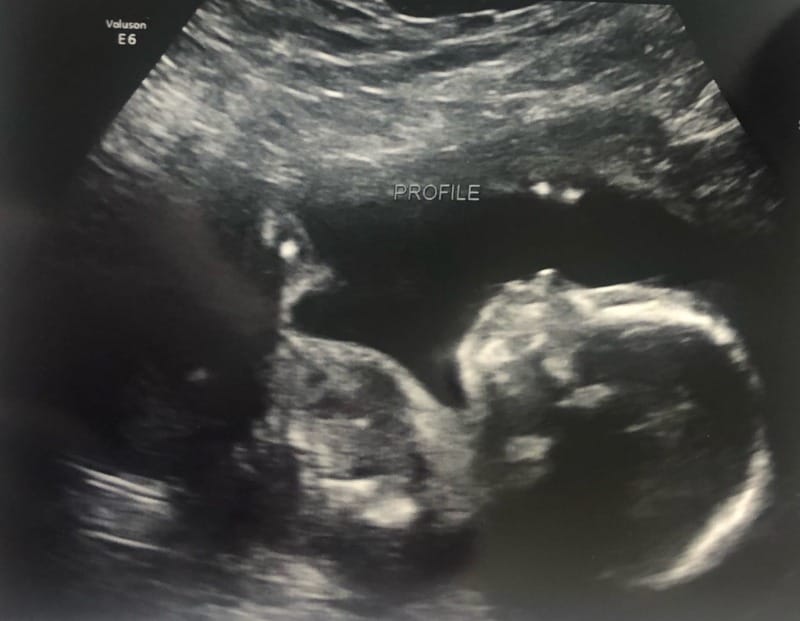
This tragic and deeply painful issue can mean that a family’s fate is defined by lines on a map. It is deserving of a blog post all of its own and I might return to it at some point, but for now, I want simply to raise awareness, and touch on it by honouring the story of this beautiful family.
Each family facing the question of fetal viability (an abstract and clinical term that I loathe) makes their own decision based on their unique circumstances, and I wholeheartedly support each and every one of them. For our part, my wife and I agreed that our child’s quality of life, and their ability to feel love and happiness was all that really mattered to us. We didn’t care if our child wasn’t the smartest, or an athlete, we just wanted them to be loved, happy, and kind. And we were in the privileged position (at the time, at least) of imagining that our insurance had us covered.
My wife joined a HLHS Facebook group, asked some tough questions, and seeing the perspective from other parents of children with HLHS helped ease our minds that our child, with life-saving intervention, surgeries, and therapy, could, and should live a happy, healthy, fulfilled life, at least until adulthood (the surgeries/procedures have only been around for a few decades).
One in 700 Million
Sterling, our daughter, was born in early September 2020 at 39 weeks to the soothing sounds of Lacksley Castell's "Speak Softly". She needed a life-saving procedure minutes after birth to open a restrictive valve in her heart, had her first major open-heart surgery at seven days old (Norwood), and at 5 months had her second major heart surgery (Glenn). She will require another major heart surgery by the time she's a toddler (Fontan). At 8 weeks old, Sterling was preemptively diagnosed with isomerism/heterotaxy syndrome, and at 3 months old, we got the ultimate diagnosis of a very rare genetic disorder called Kabuki syndrome - only 1 out of every 33,200 babies worldwide are born with Kabuki syndrome.[3] According to her doctor, the odds of her heart condition and genetic condition occurring simultaneously are somewhere in the region of 1 in 700,000,000+. Factor in her other diagnoses, and that number is around 1 in 2,000,000,000+.
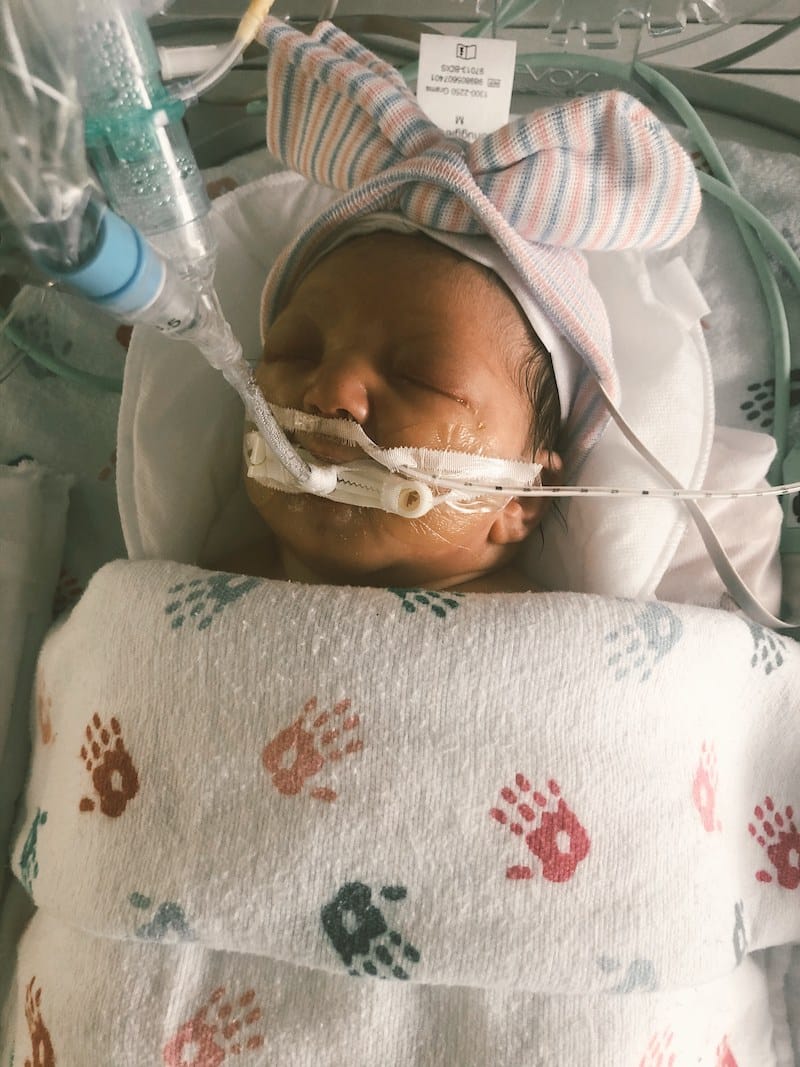
Sterling is a very special little lady, and her mom and I couldn't be more proud of our beautiful little fighter. Shakespeare's "And though she be but little, she is fierce" is her motto. All things considered, Sterling is doing extremely well. She will likely spend the first few months of her life in the Pediatric Cardiac Intensive Care Unit at Advocate Children's Hospital in Oak Lawn, Chicago, Illinois, under the care of some truly wonderful and world-class nurses, doctors, and surgeons.
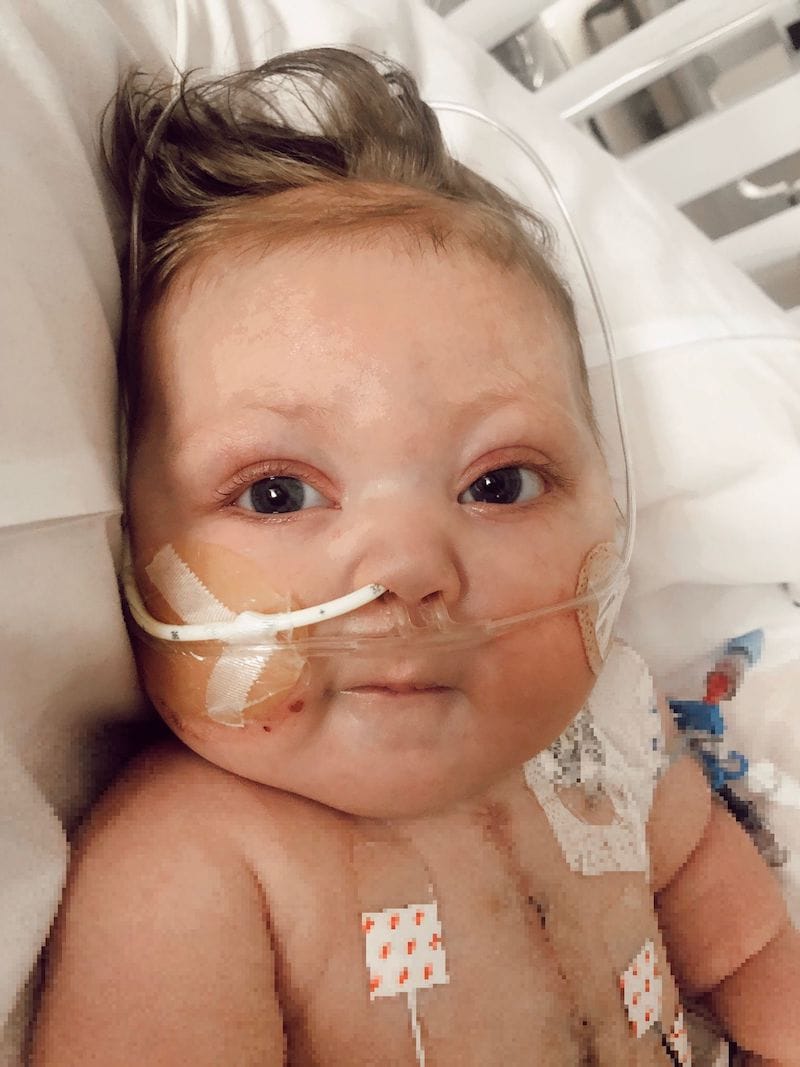
the harsh reality of paid healthcare:
The idea of paying for healthcare is still extremely foreign to me. In spite of the numerous occasions on which I and my parents had cause to call on the UK NHS, money was never mentioned. We were never at risk of medical debt bankruptcy, affordability was never even a question; the treatment was just there when we needed it. Now, I live in a country that charges $40 for skin-to-skin contact after birth, where the plot of Breaking Bad is centered around an ordinary guy creating a meth empire to fund medical expenses related to cancer treatment, where people ration insulin, partake in medical tourism, and unnecessarily suffer with treatable ailments because they are either uninsured, underinsured, or simple can't afford the doctor's visit.
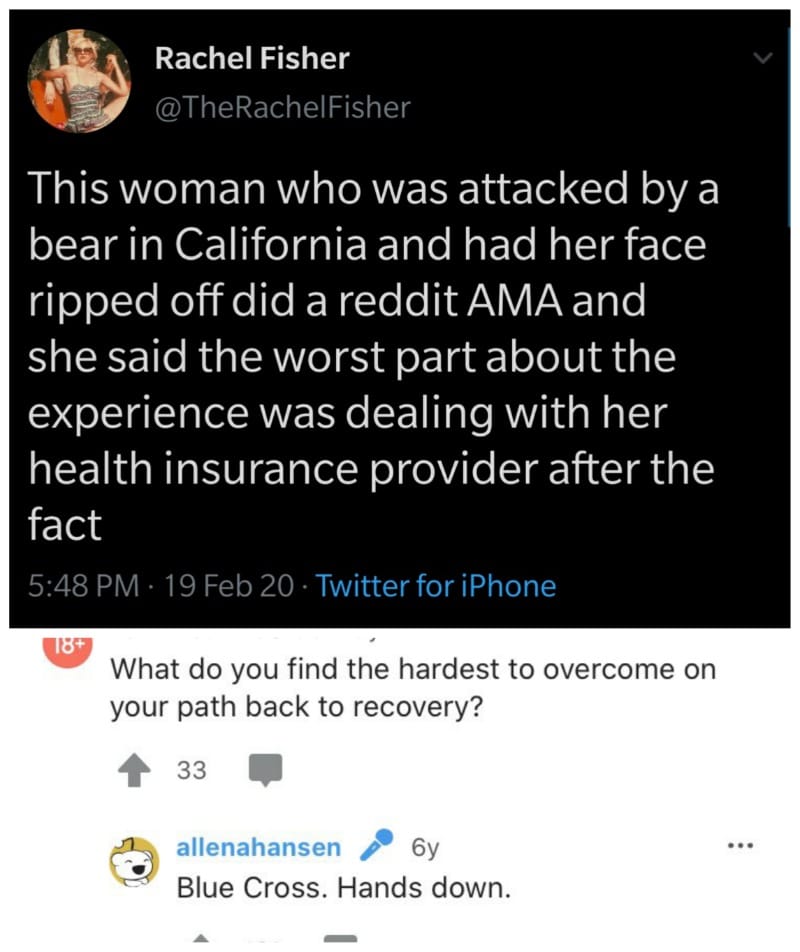
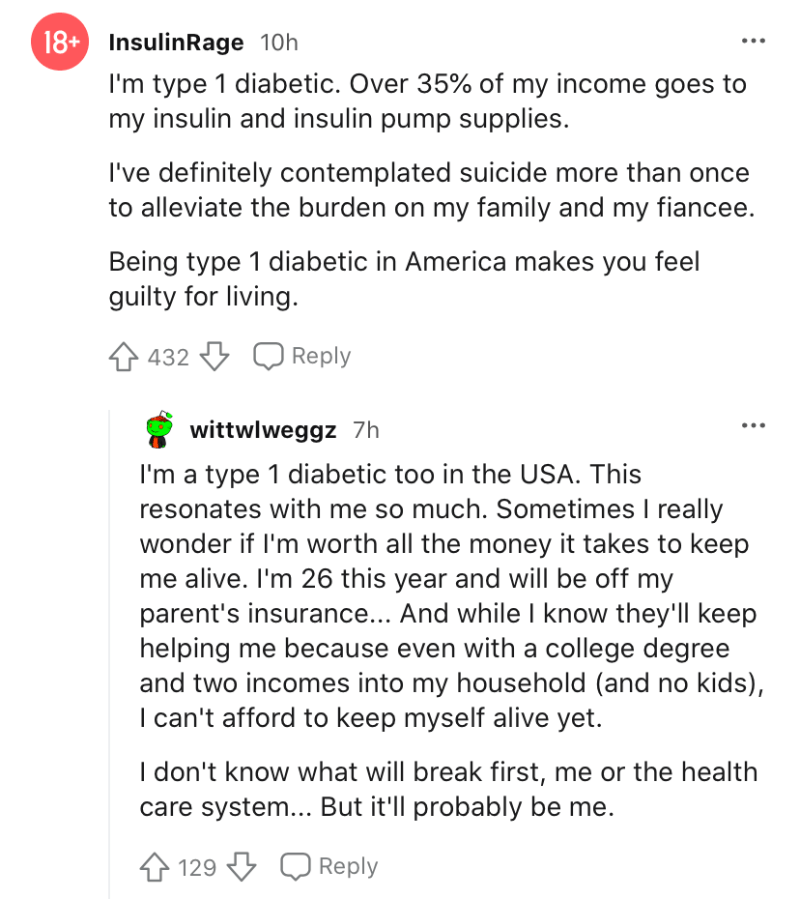
My daughter’s diagnosis is hard enough as it is, but it just adds salt to our wounds knowing that there's a cost associated with literally every milliliter of medicine, every treatment, every day in the PCICU, every scan, every test, every future doctor’s visit, every ER/A&E visit, every future surgery.
There is no guarantee of her future insurability, or of my ability to pay her increased insurance premiums due to her preexisting conditions. Bankruptcy, and losing our home, are very real possibilities. These are the terrifying thoughts that the system is forcing us to confront at a time when our focus should be on our daughter.
Counting my Blessings:
But … I am lucky. I have a wonderful wife, a happy, healthy marriage, a great boss, a great job, with great benefits, and a great profession that allows me great freedom. And thanks to the generosity of family, friends, and strangers donating to our GoFundMe campaign, we’ll likely make ends meet. However, paying for my sick child’s medical bills with other people's generous donations is a hard pill to swallow. I pay over $700 per month for the best insurance policy my work benefits offer, and I’ve reduced my deductible and out-of-pocket maximum to their lowest levels, but it still isn’t even close to enough; I tried to avoid a GoFundMe for as long as I could, but the brutal reality is that we simply couldn’t survive and support Sterling right now without it. And that’s just wrong.
My wife and I have been been completely blown away by the kindness that our family, friends, and even complete strangers have shown our little family over the past year. We've had some household bills paid for, many homemade meals delivered fresh to our door, a friend even made Sterling her own merchandise!
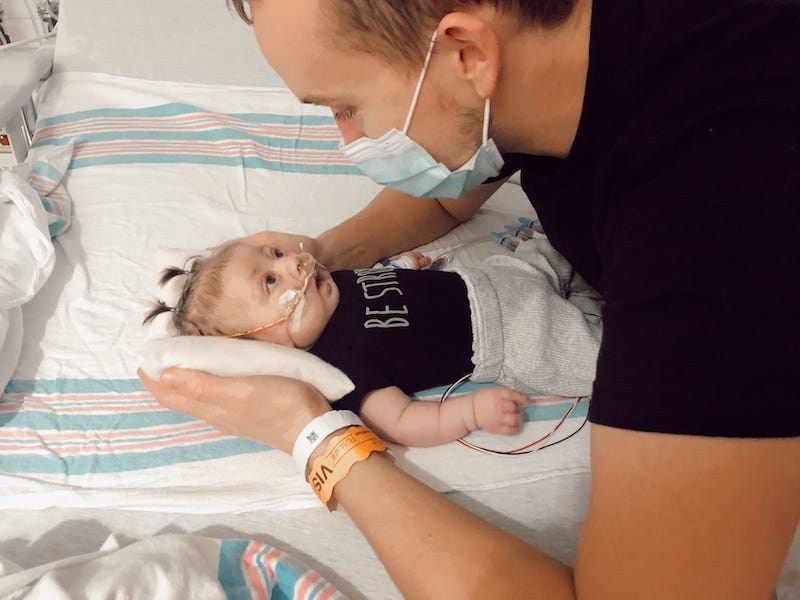
My wife is a cosmetologist/hairstylist, with no employer benefits or paid leave. I must maintain my job to keep the insurance I have now. I am grateful my profession allows me the ability to work from my daughter’s ICU room, but I really wish I didn't have to work during this time. I do have family leave benefits, but I am saving them for when we're officially home and mom returns back to work. I am grateful I don't have to choose or feel guilty about leaving my child's bedside to go to work.

it’s broke, and we need to fix it:
I can't help but feel bad for the single parent, the parents who work minimum wage jobs and can't afford insurance, the parents who lose their jobs and therefore their health insurance, all while having sick children in similar situations to mine. I’ve lost track of how many times I’ve been asked what insurance I have. I’ve lost track of how many times the discharge nurses were elated that my private insurance afforded us something for home that we wouldn’t otherwise get on Medicaid or Medicare. I've lost track how many times I've been told we'd qualify for something in Illinois, that either doesn't exist in Indiana, or we earn too much to be accepted in Indiana.
It's a broken system, and one that is made worse by the cruel and clinical manner in which payments are collected.
Picture This:
Imagine for a moment that your child is desperately sick. You've been in the hospital at their bedside for weeks, only leaving to sleep at the local Ronald McDonald House. Due to COVID-19 restrictions, you're not allowed to enter the city of the hospital if you come from a COVID-19 hot spot without a fourteen-day self-quarantine, and your home in Indiana is considered to be a hotspot. Now imagine, unbeknown to you, that hospital bills start to arrive in the mail at your home, a steady trickle of demands for amounts like $16, $200, and $250. You finally realise you have overdue bills, so you call to pay them, only to find out your non-payment has already landed you in pre-collections, and that you were just days away from it being sent to collections.
This was my reality. A mark on my credit history for a few hundred dollars, only eight weeks into my daughter’s lifelong condition. And a wake-up call that no matter how sensitive and caring and kind the medical staff, when it comes to money the system simply doesn’t care.
Picture This #2:
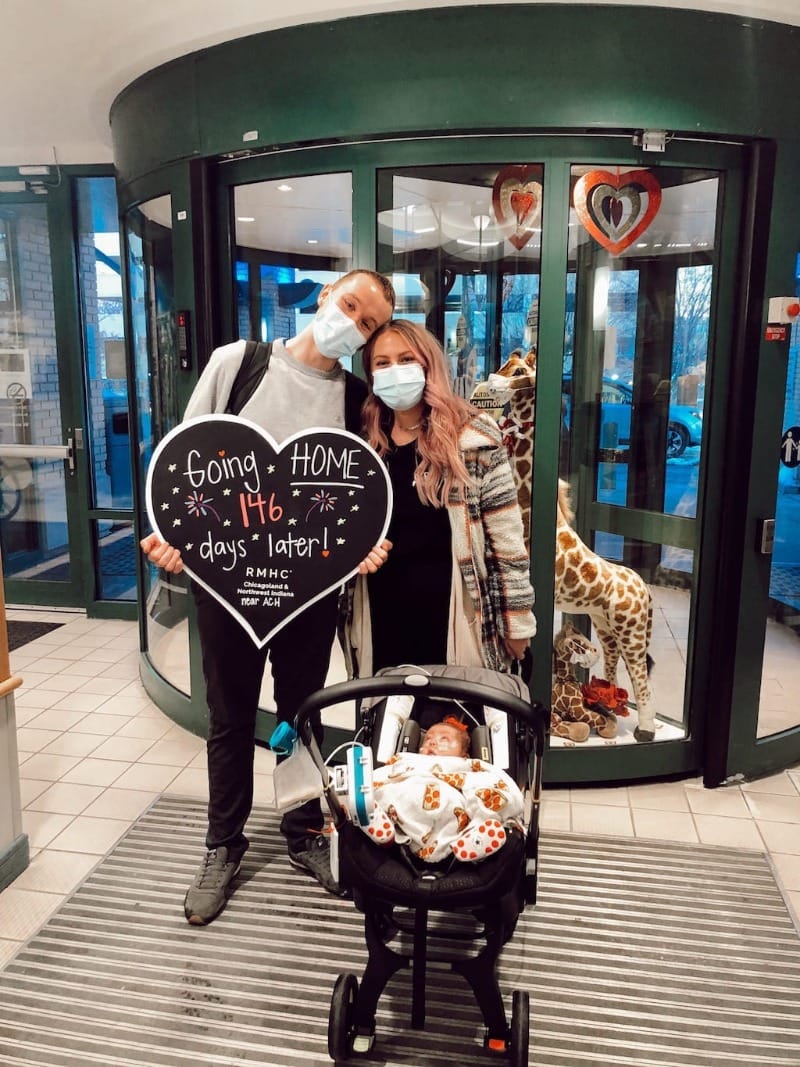
You're at home now, and you get an out-of-the-blue phone call from the hospital saying you owe a $12,000 doctor's bill and to either pay now or set up a payment plan. Your deductible is $400, and your family max out of pocket is $4,400 per year, so owing $12,000 comes as a surprise to you. You use your insurance provider’s online portal hoping to find some answers, and on there you find the $12,000 doctor's bill, but you also discover something else. And it’s truly jaw-dropping. Your daughter’s entire 147-day hospital stay was denied by your insurance. You owe $2,574,071.43.
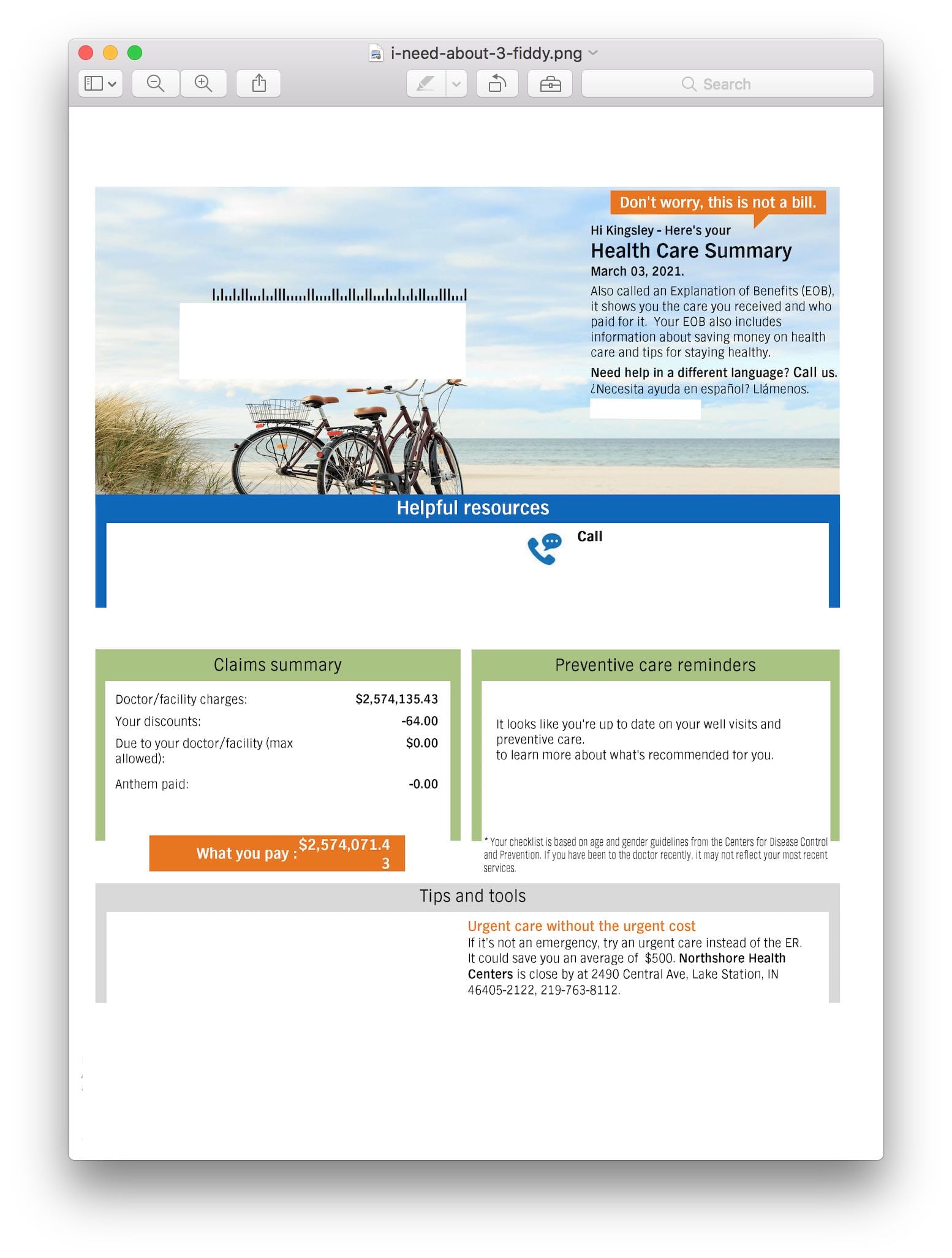
"Don't worry, this isn't a bill" ⇏ "what you pay" (so... like a bill?)
According to your insurer, this is due to not having secured pre-approval for your daughter’s stay, even though both the hospital and insurance knew of (and planned for) your daughter’s challenges 4 months prior to her birth. This again, is my reality. It would take me 25 years of paying my entire gross salary to pay that off. Of all times to receive such an outrageous bill, this is probably the worst.
I hope I've helped shine some light on the actual real-life cost of surviving a chronic disease in the USA, and further prove the system is just all kinds of wrong. Change can start with a single voice. I know I’m not alone in what I’m experiencing, and maybe, just maybe, together we can make some noise, and some good can come out of this nightmare of medical financial vampirism. If nothing else, I can hopefully be a light for others to find and know they are not alone.
06/2021
Sterling lost her battle to heart disease on May 11th 2021, passing peacefully in our arms. Even though she only lived for 8 months and 3 days, she has left a lasting footprint on earth, her story touching every corner of the world. She will never be forgotten, and her life will not be in vain. We want change.
Sterling's mom and I vow to honour her legacy by creating a foundation in her name Sterling Strong Foundation that will help children and families in situations similar to ours.
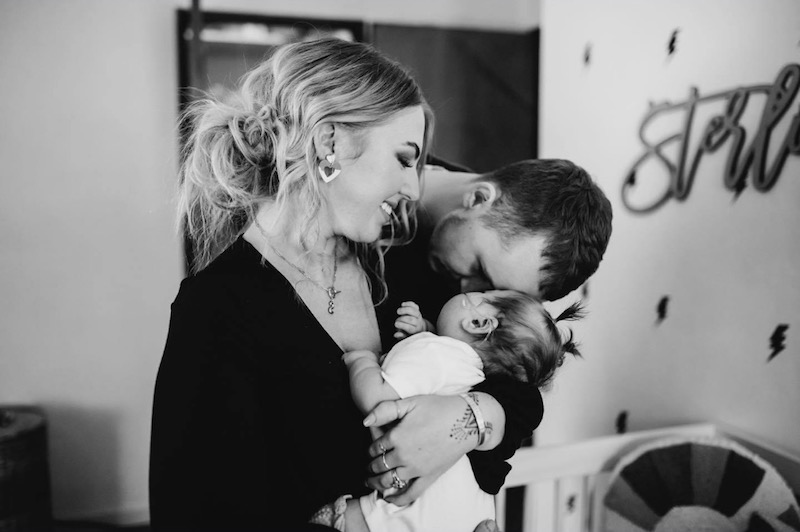
- Healthcare in Britain is mainly provided by the National Health Service, a public body that provides healthcare to all permanent residents of the United Kingdom that is free at the point of use and paid for from general taxation. [source]
- https://www.cdc.gov/ncbddd/heartdefects/hlhs.html
- https://rarediseases.org/rare-diseases/kabuki-syndrome/